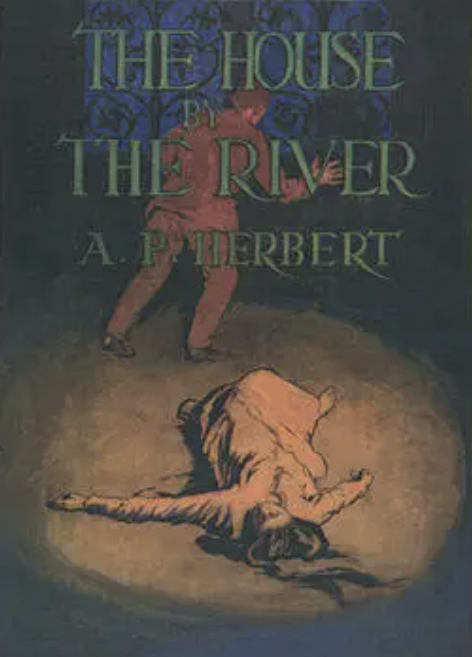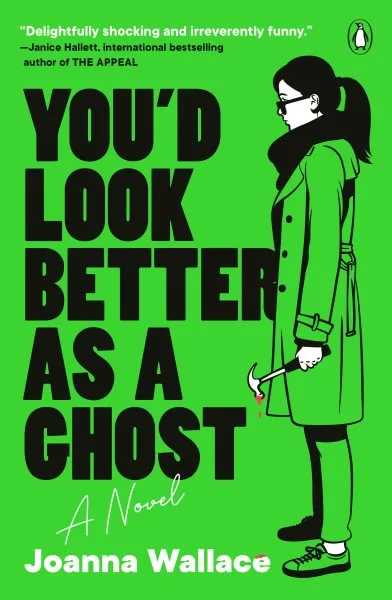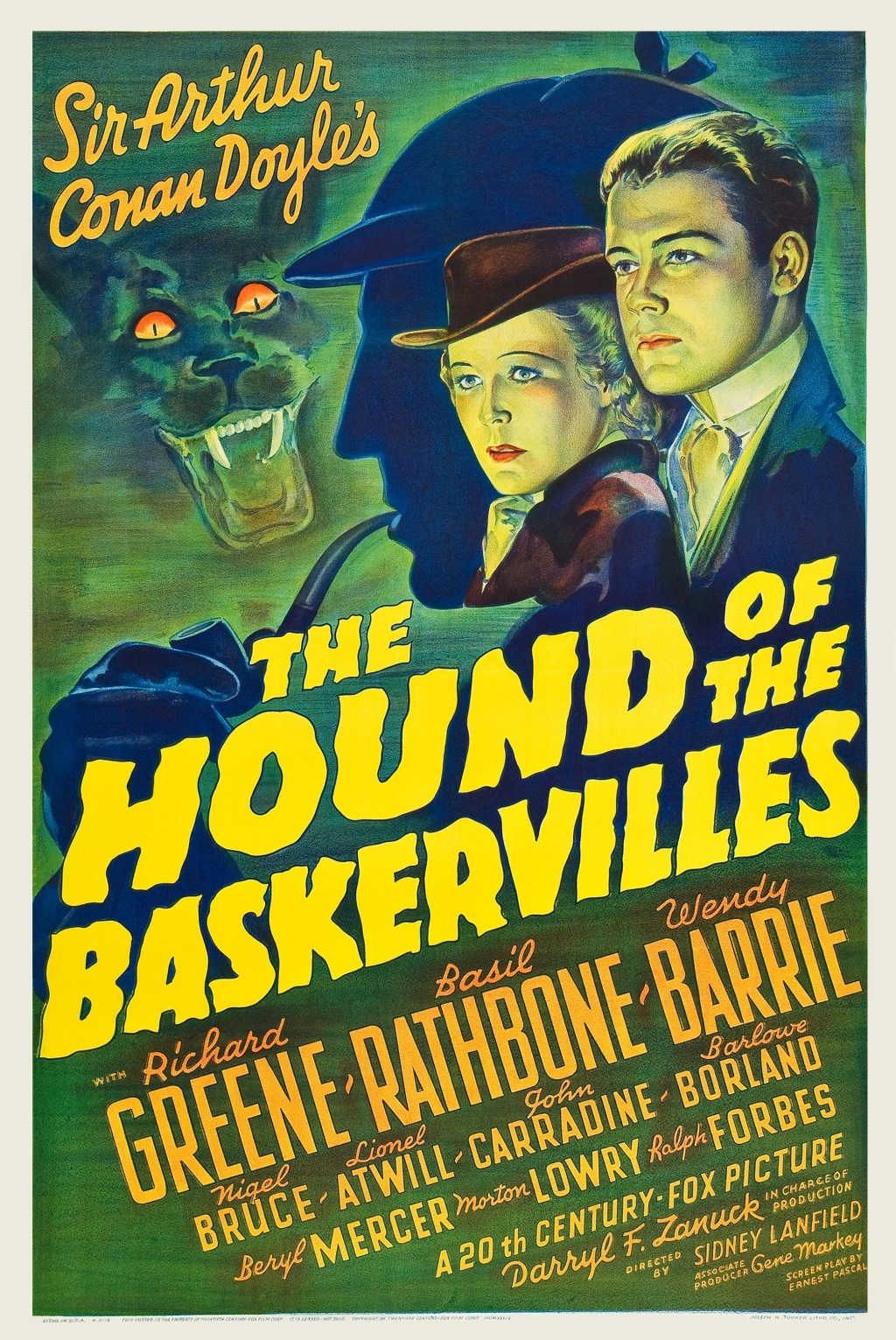
Freeman Wills Crofts
Originally Published 1938
Inspector French #18
Preceded by Antidote to Venom
Followed by Fatal Venture
Freeman Wills Crofts is perhaps not the first name that will spring to mind if you are asked to list Locked Room mystery novelists and with some good reason. Out of the dozens of novels he wrote, just two are locked room mysteries and neither of these are currently available in print.
It seems strange though that he did not write more widely in the subgenre because based on this and my previous experiences reading his work it seems like a natural fit for his methodical, reasoned approach to detective fiction. Certainly the locked room devised here is of a high quality and I thoroughly enjoyed following how it was solved.
The prominent financier Andrew Harrison disappears after arriving back in England following a business trip to Paris. This prompts speculation in the papers that his company was in financial trouble and he has absconded. After waiting in the hope that he would send a message, the family contact Scotland Yard who task French to the case.
Everyone is surprised when Harrison suddenly sends word a few days later that he is fine and that a message he sent had failed to arrive. A short while later however Harrison throws a small party on his houseboat and when he cannot be roused in the morning he is discovered dead in his locked cabin of an apparent suicide. French is back on the case and suspects foul play!
The locked room element of the story is very cleverly conceived and explained with superb clarity. The murder takes place in Harrison’s cabin which is deadbolted from the inside. Testing demonstrates that there is no way to pull the deadbolt closed from outside the room. The only other physical entrance to the room would be the porthole but this presents its own difficulties as it has been tightly closed. The porthole which only opens inwardly is designed to prevent it being swung shut and has to be pushed securely into place with force as there is no handle on the outside of the glass.
The physical boundaries to this room are clearly established and I will admit that I was thoroughly stumped as to how Crofts would explain this murder. I was curious how Inspector French would handle a locked room mystery but I should not have been surprised that it would be with methodical, careful experimentation and testing of different theories. In just forty pages the detective is able to work through this puzzle with impressive reasoning to reach a very neat explanation that proves both that it was murder and also how the crime was worked.
Once French knows how the crime was done he proceeds to focus his efforts on understanding who could have carried out the crime. Certainly there are plenty of suspects on hand as Harrison, while not monstrous, is a cold, hard man who has fractious relationships with all of his family. On top of those suspects we must also consider business rivals and disgruntled investors.
The question of whodunit is far from an afterthought and I would suggest it is just as cleverly devised as the locked room itself. French believes that there must be some link between Harrison’s strange disappearance and the financier’s subsequent murder yet the timeline makes the nature of that connection are hard to understand.
Here Crofts’ plotting is quite sublime and, much like I found with The Sea Mystery, the case steadily evolves throughout the novel to become something quite different from what seemed likely at the outset. If you are not a fan of the author’s style then this is not likely to convert you to the cause but those who appreciate his incremental, detail-driven approach will find a lot to enjoy here.
Sometimes I have been frustrated by the pacing of a French investigation, feeling that the logical path he follows means that the alert reader may be far ahead of the detective but here I feel Crofts sets his pace perfectly. There are regular discoveries of information as French tests new theories and once Crofts provides the reader with all they need to solve the case he moves quickly to the conclusion. Against expectations based on those previous experiences, this is one of the most tightly plotted Crofts novels I have read to date.
That is not to say that every aspect of this works perfectly. One problem I have with the novel is that a character who is introduced to us as a character we are meant to relate to at the start of the story is essentially dropped at about the halfway point, apparently being forgotten.
In one sense this is understandable as the character has little else to contribute but does serve a role as the outsider who is needed to start things in motion by reporting the disappearance to the Yard. The frustration for me is that the character is one of the more interesting and likable in the book and having been encouraged to care about him, we are left wondering what would have become of him. It did strike me that, if this were a Carr novel, he would almost certainly be ending the novel married off and while I can grumble about that happy-couple finish, it does at least provide some closure.
The other significant complaint would be that French is given rather a large piece of help from a character as we enter the concluding portion of the novel that helps him identify the killer. Some may feel that this in some way suggests that the detective doesn’t really solve the case himself. I would argue that he works out all of the most important features of what happened and he is responsible for figuring out what had happened, even if he needs a little help in identifying the culprit.
Overall I found The End of Andrew Harrison to be a thoroughly engaging read, both as a detective story and also, more specifically, as an example of a locked room. Crofts engineers his problem well, coming up with a striking and credible solution, and working a strong mystery around it. I came away feeling impressed by Crofts’ approach to the subgenre and wishing that he had returned to it more frequently. Sadly he wrote just one other locked room novel, Sudden Death, and given the prices of that one and the lack of library copies available I doubt I will be getting around to it any time soon. Maybe some day, though..
Vintage Mysteries Challenge: On a mode of transportation (Where)
This book was released in the United States as The Futile Alibi.




Leave a comment